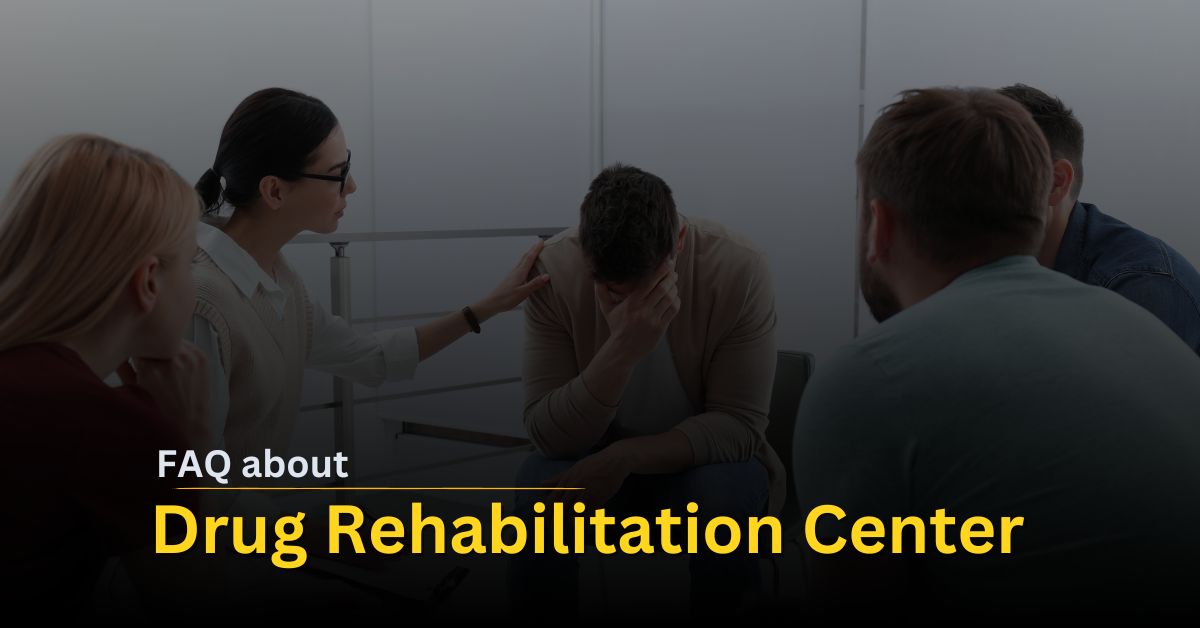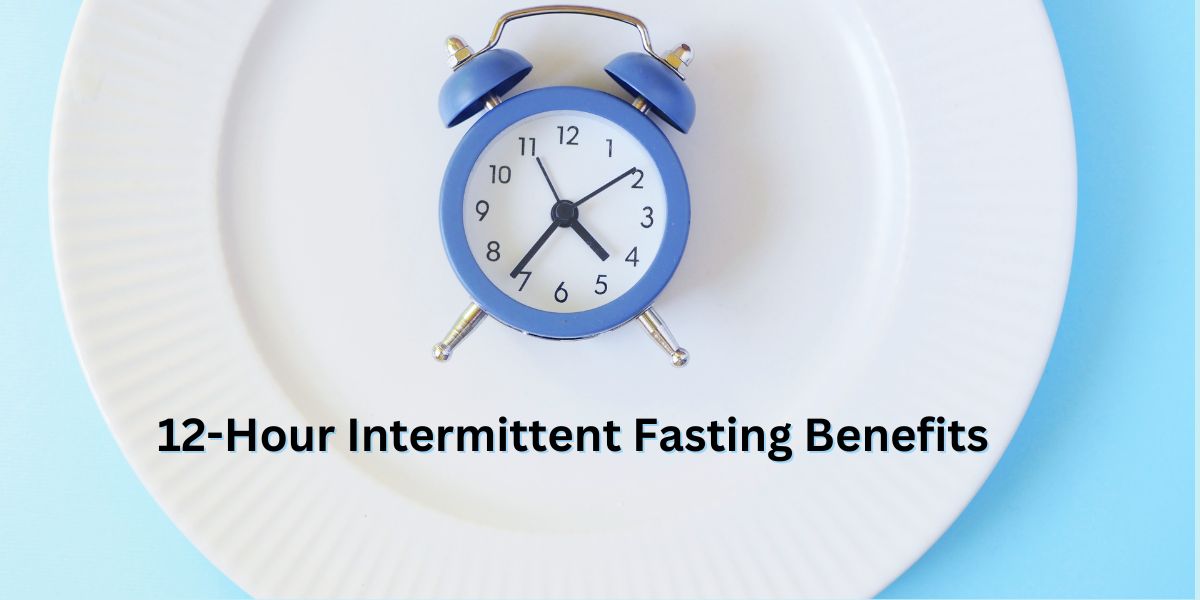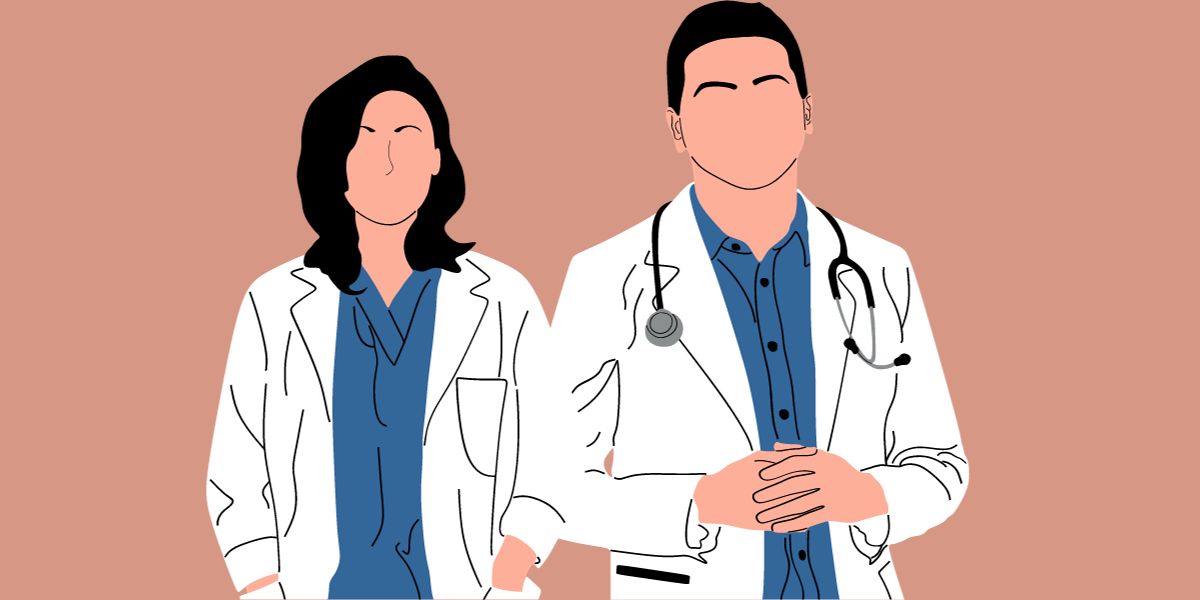Drug addiction is a challenging battle, but Drug Rehabilitation Centers serve as a lifeline for individuals seeking a path to recovery. In this comprehensive guide, we’ll unravel some of the most common questions about drug rehab centers, offering valuable insights for those in need and their loved ones.
What Is a Drug Rehabilitation Center?
A drug rehabilitation center is a facility designed to help individuals overcome addiction to drugs or alcohol. These centers offer structured programs and professional support to address physical, psychological, and emotional aspects of addiction.
Think of it as a “reset button” for your life, helping you reclaim control and make healthier choices.
How Does a Drug Rehab Program Work?
Drug rehab programs follow a structured process aimed at recovery. It typically begins with an assessment to evaluate the individual’s needs, followed by detoxification to cleanse the body. Next comes therapy and counseling, which addresses the underlying causes of addiction. The final stage is aftercare, which ensures ongoing support post-rehabilitation.
Who Can Benefit From Drug Rehab?
Anyone struggling with substance abuse can benefit from drug rehab. Whether it’s a mild dependency or a severe addiction, these programs cater to individuals from all walks of life. Even family members often find solace through support groups and family counseling.
What Types of Treatment Are Available?
Rehab centers offer a variety of treatments tailored to individual needs. The most common types include:
- Inpatient Treatment: Residential programs providing intensive care.
- Outpatient Treatment: Flexible programs for those who cannot commit to full-time residency.
- Dual Diagnosis Treatment: For individuals battling both addiction and mental health issues.
How Long Do Drug Rehab Programs Last?
The duration of a rehab program varies based on the individual’s needs. Common lengths include:
- 30-day programs: Ideal for those with milder addictions.
- 60 to 90-day programs: More comprehensive treatment plans.
- Long-term programs: Lasting 6 months or more, often for severe addictions.
What Happens During Detoxification?
Detoxification is the first step in rehab. It involves clearing the body of harmful substances while managing withdrawal symptoms. This phase can be physically and emotionally challenging, which is why medical supervision is essential.
Are Family Members Involved in the Process?
Yes, many rehab centers encourage family participation. Family therapy sessions aim to repair relationships, educate loved ones about addiction, and build a supportive environment for recovery.
How Much Do Drug Rehab Programs Cost?
The cost of rehab varies widely, depending on factors such as the type of program, duration, and amenities. On average:
- Basic outpatient programs: $1,000–$5,000.
- Residential programs: $6,000–$30,000 per month.
- Luxury rehabs: $50,000+ per month.
Are Rehab Centers Covered by Insurance?
In many cases, yes! Most insurance plans, including Medicaid and private insurance, cover some or all rehab costs. It’s advisable to check with your provider to understand your coverage.
What to Look for in a Drug Rehab Center?
When choosing a rehab center, consider:
- Accreditation and Licensing: Ensure the facility meets professional standards.
- Qualified Staff: Look for experienced therapists and medical personnel.
- Customized Programs: Rehab isn’t one-size-fits-all.
- Aftercare Support: Ongoing care is crucial for lasting recovery.
What Are the Success Rates of Rehab Centers?
Success rates vary, but rehab is highly effective for those committed to the process. Statistics show that 40-60% of individuals maintain sobriety after rehab, a figure that increases with aftercare support.
What Happens After Completing Rehab?
After completing rehab, individuals transition into aftercare programs, such as:
- Sober Living Homes: A supportive living environment.
- Support Groups: AA or NA meetings.
- Ongoing Counseling: Regular therapy sessions.
These steps are essential to prevent relapse and maintain sobriety.
Are There Different Rehabs for Different Drugs?
Yes! Many rehab centers specialize in treating specific addictions, such as:
- Alcohol: Programs designed for alcohol dependency.
- Opioids: Specialized treatment for painkillers or heroin.
- Cocaine and Meth: Focused on stimulant addictions.
What Role Does Counseling Play in Recovery?
Counseling forms the backbone of rehab. It helps individuals uncover the root causes of their addiction, develop coping mechanisms, and rebuild self-esteem. Group therapy fosters a sense of community, reminding participants that they are not alone.
How to Choose the Right Drug Rehab Center?
Choosing the right rehab is crucial. Start by evaluating your specific needs, researching facilities, and speaking with their representatives. Don’t hesitate to ask questions—this is your path to a better life!
Conclusion
Drug rehabilitation centers are more than just facilities—they’re gateways to hope, healing, and a new beginning. Whether you’re seeking help for yourself or a loved one, the journey to recovery is worth every step. Remember, no one has to face addiction alone; help is always within reach.
Also Read: FAQ About Mesothelioma Treatment
Frequently Asked Questions (FAQs)
Q: How can I tell if someone needs rehab?
A: Look for signs like changes in behavior, withdrawal from loved ones, and physical symptoms of drug use.
Q: Is addiction a choice or a disease?
A: Addiction is considered a disease that alters brain chemistry, making it challenging to quit without help.
Q: Can you force someone into rehab?
A: While you can encourage and support them, rehab is most effective when the individual is ready and willing to participate.
Q: Are there rehab programs for teenagers?
A: Yes, many rehab centers offer specialized programs tailored to the needs of adolescents.
Q: What happens if someone relapses after rehab?
A: Relapse doesn’t mean failure. It’s an opportunity to reassess and recommit to recovery with the necessary support.



